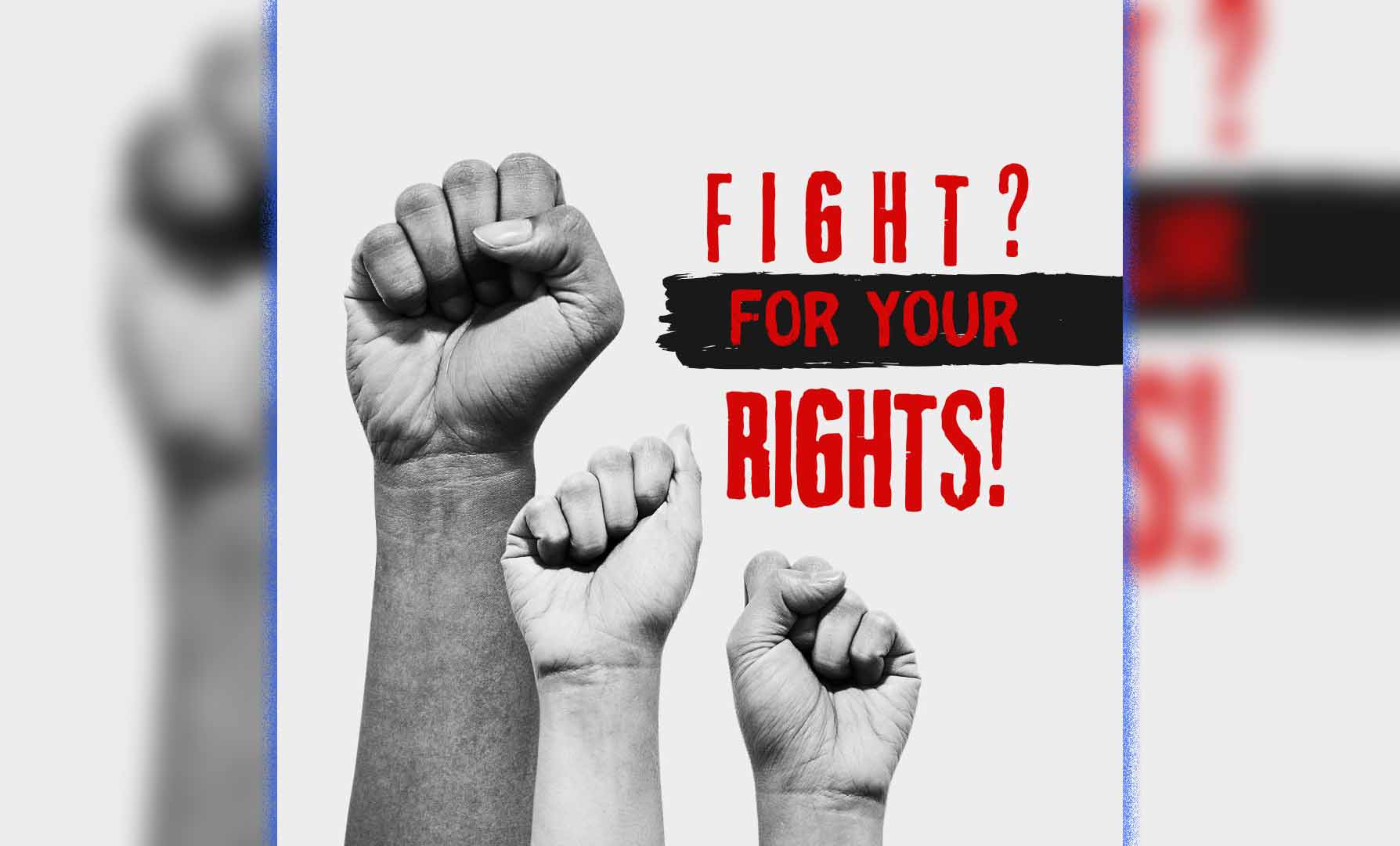The backsliding of democracy is not a new phenomenon to most of us. The global political scenario has its bitter moments in recent times. In the past century, political dramas in national and international domain, is mainly due to the conflicting ideologies. But these days, the notions of debates or discourses loses its essence. Some thought of it as the rise of sophism, and others relate it with autocratization. Maybe, a fruitful objective analysis could eventually lead to the obsoleteness of the principle of democracy. John Stuart Mill pointed out that freedom of expression has two side benefits. He insists that the idea of ‘pros and cons’ lose its sense when applied to the notion of freedom of expression. Logically, for Mill, one cannot infer demerits out of the functionality of the freedom of expression in the true sense of the term. Mill’s blunt claim arises as he argues, that expression of a thought has basically two interpretations – negative and positive – and these two emerging forks, nevertheless should illuminate the subject, enriching the subject with two knowledges. A rational man should understand the possibility of emerging two senses out of the same reality. Free thinking and its expression are not necessarily a war between the positive and the negative, but rather it is the tolerance of both in terms of its possibility, and in terms of the benefits that it provides for the masses. If one thinks that a particular negative view is killing him/her, then it also means that he/she is sick with narcissism.
When conflicting ideologies become an agenda of war, it emphatically implies the absence of democratic essence. What is more alarming is the possible rise of fascism. The thin barrier that lies between a rational ideological commitment and a popular fascist stand, is always vulnerable. The dynamics from the former to the latter is magnetic in character, and this damnation, in most cases, has always been marked by celebrated welcomes. The entire fabrics of rational discourse that gave birth to a particular ideology, unfortunately, converges into the justification of the arising tyranny. The popular political history of man serves to be a ‘waking evidence’ on how the road to tyranny is involuntarily taken by many in the name of nationalism, or as a sheer commitment to a particular ideology/doctrine, etc. For instance, if a State become reckless in safeguarding a particular constitutional provision, or a legislative Act, which sometime results in manslaughter, the general notion of democratic functioning evaporates to nothingness. In such scenarios, people like Pol Pot and Hitler become a source of inspiration, knowingly or unknowingly. Their sarcastic lines turned out to be a political mantra. Who can deny the relevance of Pol Pot, these days, when he said, “I want you to know that everything I did, I did it for my country”, or who can disagree Mussolini, now, when he said, “The press of Italy is free, freer than the press of any other country, so long as it supports the regime.” Or one could invite Idi Amin on a grand feast for this line, “There is freedom of speech, but I cannot guarantee freedom after speech”. Again, in recent times, Hitler’s mantra “To conquer a nation, first disarm its citizens” is becoming more effective in withholding democratic revolutions.
What fascinates us is not the changing scenarios, or the degradation of the qualitative practices, but the very situation of the employability of those mantras in the advanced stage of democracy. Is democracy, and its basic tenets going out of date? Is it the case that other forms of regimes are attempting to dethrone democracy? All we can say is that the very foundations upon which the principles of democracy are laid down, is now at the risk of being defiled as a cause of chaos and disorder. This new threat posed at this advanced and creative stage could eventually lead either to a paradise, or in a state of absolute dystopia. But for most, their capacity of astonishment is always limited to the mere, bland, naïve groups or individuals rather than the environment in which they breathe.
One of my students honestly heralded that he had this dream of a day, a bright and just day, after power comes to his hand. It is not a hard task to imagine the resulting regime of his time, especially when he comes into power. But as far as I can conceive, no morality comes into existence, which is rationally justifiable, in a state of tyranny or autocracy.












